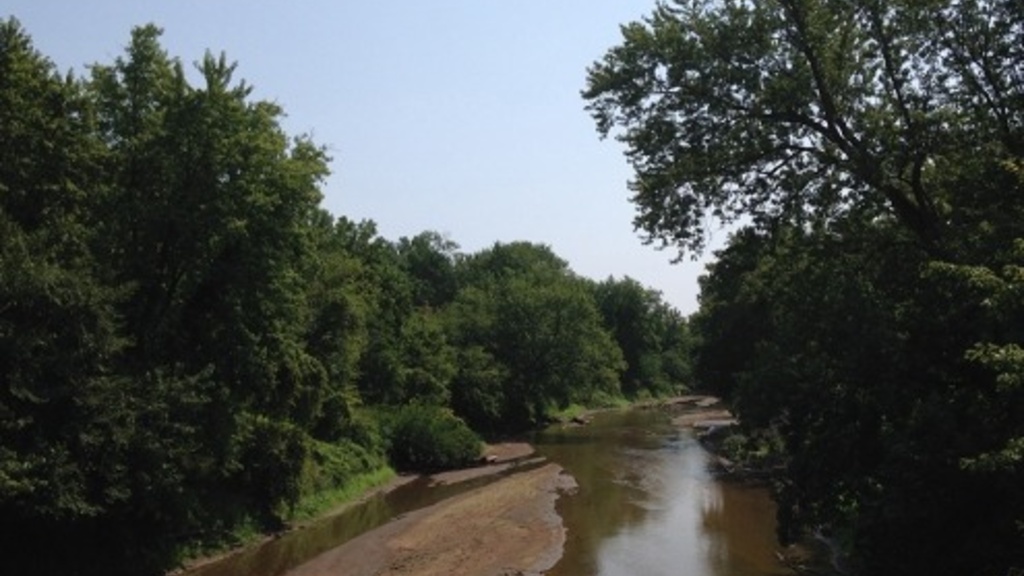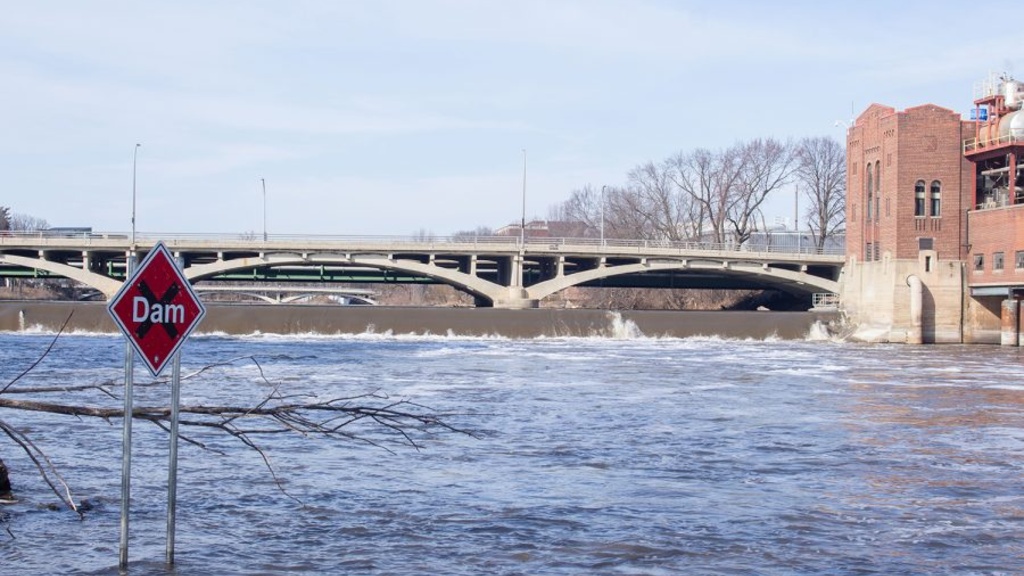Articles from August 2025

Large crowd attends public review of central Iowa water quality research
Tuesday, August 5, 2025
A group of researchers drew strong reactions from a large crowd in Des Moines as they reviewed their report on water quality in the Raccoon and Des Moines Rivers.
Jerald Schnorr, a long time professor in the University of Iowa’s College of Engineering, said data from 2000 U.S. rivers indicates these two Iowa rivers are in the top 1% when it comes to nitrate levels.

Solving Iowa’s ‘nitrate crisis’ will take state, local efforts, water quality experts suggest
Tuesday, August 5, 2025
Nitrate levels in some of the state’s waterways are among the highest in the nation, as a recent study finds Iowa’s agriculture industry accounts for 80% of the nitrogen in central Iowa’s water.
Called the Central Iowa Source Water Resource Assessment (CISWRA) report, the two-year study found the Des Moines and Raccoon River Watersheds are being threatened by nitrogen, bacteria from animal and human waste, pesticides, and other pollutants.

Scientists reveal findings on rising nitrate levels in central Iowa water quality report
Tuesday, August 5, 2025
The Polk County Board of Supervisors released the Central Iowa Source Water Resource Assessment (CISWRA) at its meeting in July. The report — which was formally accepted by the supervisors last month — identifies agricultural pollution. Particularly, runoff from fertilizers and manure is one of the primary contributors to nitrate contamination.

5 takeaways from Iowa water quality report that points to agriculture as nitrates source
Tuesday, August 5, 2025
Hundreds packed a Drake University auditorium for the first public presentation of a million-dollar Polk County-commissioned report linking Iowa's agricultural practices to widespread water pollution.

Hundreds gather for presentation on Polk County water quality report
Tuesday, August 5, 2025
More than 500 individuals gathered Monday to hear what comes next following the release of an in-depth water quality report commissioned by Polk County. Another 500 watched online, to hear years worth of research on water pollutants and key steps forward at the individual, watershed and state levels.
Pagination